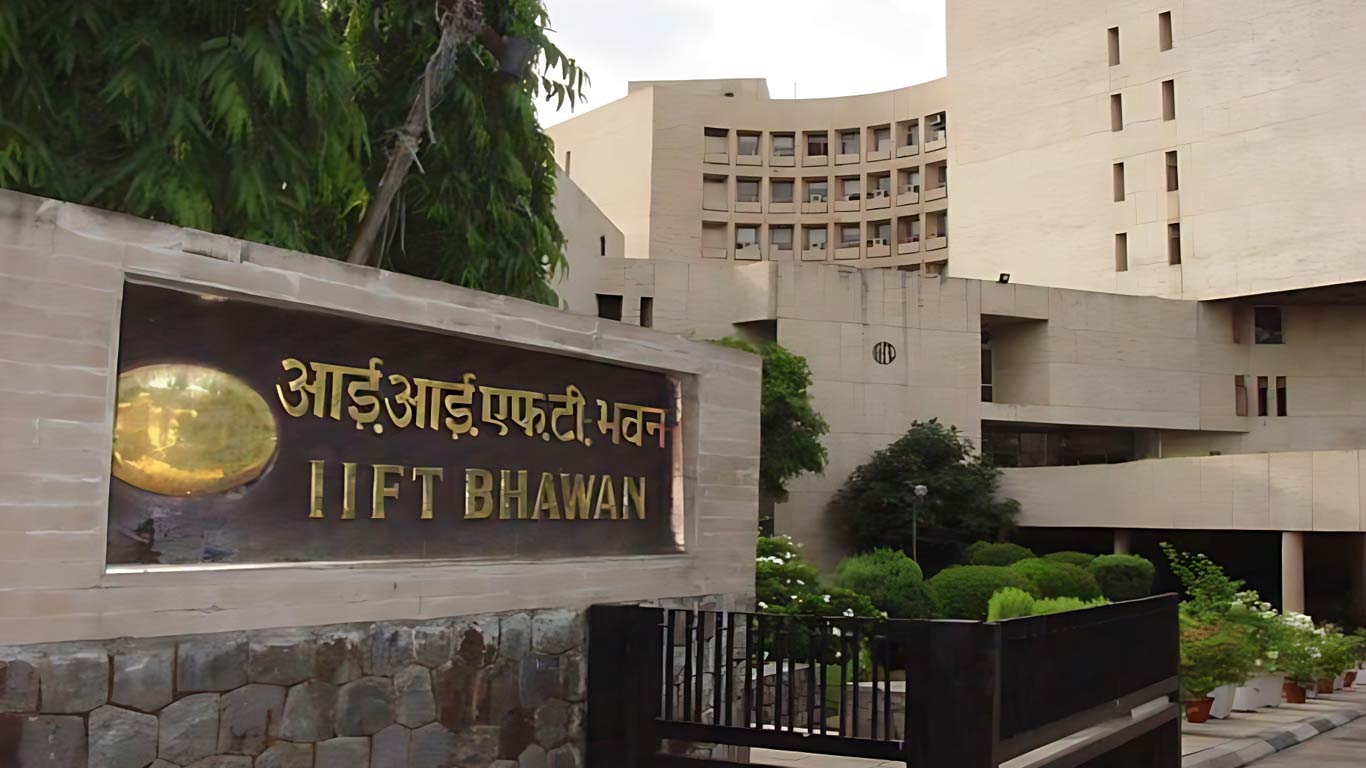Both demand and supply-side dynamics influence the flow of cross-border trade credit to India: RBI Working Paper
Updated: May 11, 2019 07:48:23am

Both demand and supply-side dynamics influence the flow of cross-border trade credit to India: RBI Working Paper
New Delhi, May 11 (KNN) Both demand and supply-side dynamics influence the flow of cross-border trade credit to India, according to RBI’s working paper titled ‘Cross-border Trade Credit: A Post-Crisis Empirical Analysis for India.’
The paper says that the fall in trade finance intensity in recent years is clearly an indication of supply-side constraints. In particular, the financial health and size of overseas network of banks operating in India matter for trade credit.
It also reveals that the elasticity of trade credit to interest cost is not significant for foreign banks unlike domestic banks. One reason could be that domestic banks cater mainly to MSME sector which may be more sensitive to the cost changes than large importers which form the majority customer base of foreign banks.
Further, domestic banks are mostly operating through their own overseas branches with less formal internal system of documentation, thereby giving them the flexibility to vary the interest charged from their clients within the all-in-cost ceiling prescribed by the Reserve Bank, it added.
Foreign banks, on the other hand, generally operate with other foreign banks using internationally standardized instruments such as LCs with relatively more standardized cost structures.
Another difference is with regard to the impact of banks’ health on trade credit. For domestic banks, the financial health parameter does not significantly influence their trade credit activity unlike in the case of foreign banks.
As majority of Indian banks constitute public sector banks with implicit support of the government, health parameters of these banks may not matter much for their trade credit intermediation unlike foreign banks.
As tight global financial conditions are found to impede trade credit flows, policy efforts towards strengthening of banks’ overseas business network may make these flows more resilient.
Domestic banks largely depend on their own branches or branches/subsidiaries of other domestic banks which hitherto have been accepting non-standardized trade instruments, viz., LoUs and LoCs for arranging the trade credit.
The overdependence of domestic banks on their overseas branches through less standardized trade credit instruments limits the scope of their trade credit operations.
Incidentally, the drying up of trade credit disbursed through domestic banks in the aftermath of prohibition of LoUs/LoCs by the Reserve Bank of India in March 2018 confirms that their narrow overseas network base is a binding constraint for their trade credit business.
The empirical findings of the paper suggest that banks need to expand their global banking relationship and shift towards the use of globally accepted trade finance instruments instead of indigenous instruments (i.e., LoUs /LoCs) which, however, may push up the cost.











